9 GPTs for Simulation Learning Powered by AI for Free of 2026
AI GPTs for Simulation Learning are advanced computational models based on Generative Pre-trained Transformers (GPTs) designed to support and enhance learning through simulations. These tools leverage the power of artificial intelligence to create dynamic, interactive environments where users can engage with virtual scenarios closely mirroring real-life situations. By incorporating AI GPTs, simulation learning platforms can offer personalized experiences, adapt to the learner's proficiency, and provide instant feedback, making them invaluable in fields requiring complex decision-making and problem-solving skills.
Top 9 GPTs for Simulation Learning are: Meteorology Teacher,Space Mission Simulator,Standard B-Shift Calls,Sobs DCRM AI Think Zone,CRM Commander,EngineeringSimulator,Event SimulatePro,Collaborative Nursing Coach,Disaster Prep Sim
Meteorology Teacher
AI-Powered Weather Education at Your Fingertips

Space Mission Simulator
Explore the cosmos with AI-driven simulations.

Standard B-Shift Calls
Train Smarter with AI-Powered Emergency Simulations
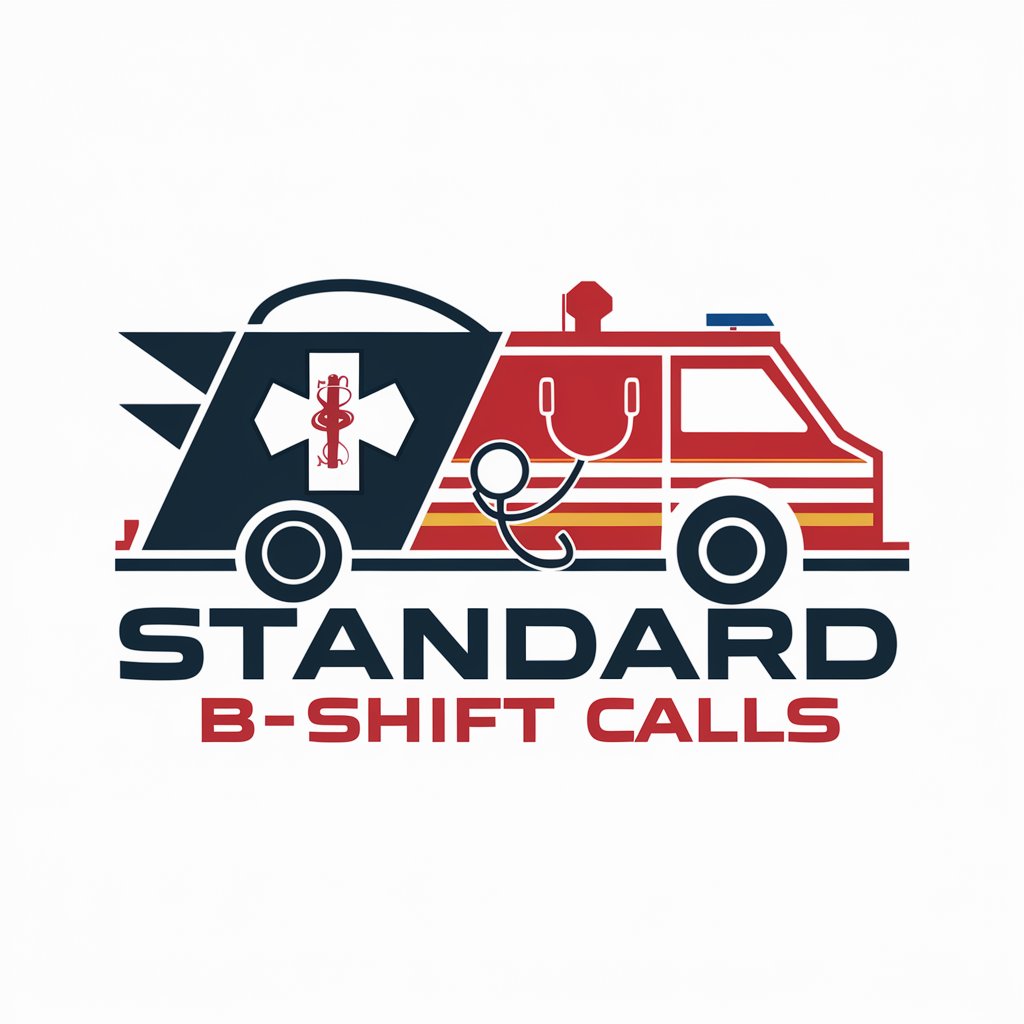
Sobs DCRM AI Think Zone
Empowering Dynamics 365 Mastery through AI
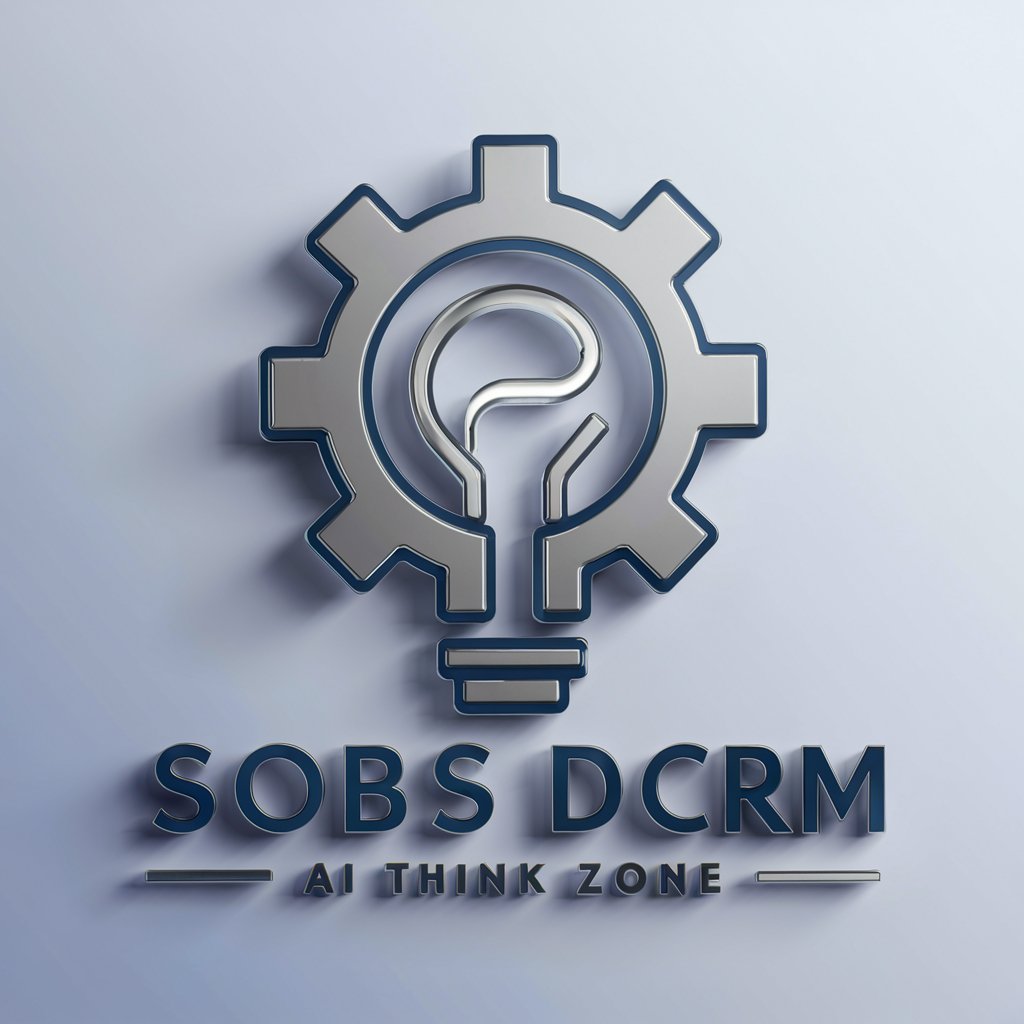
CRM Commander
Elevate Decision-Making with AI-Powered CRM Expertise

EngineeringSimulator
Empowering Simulation Learning with AI
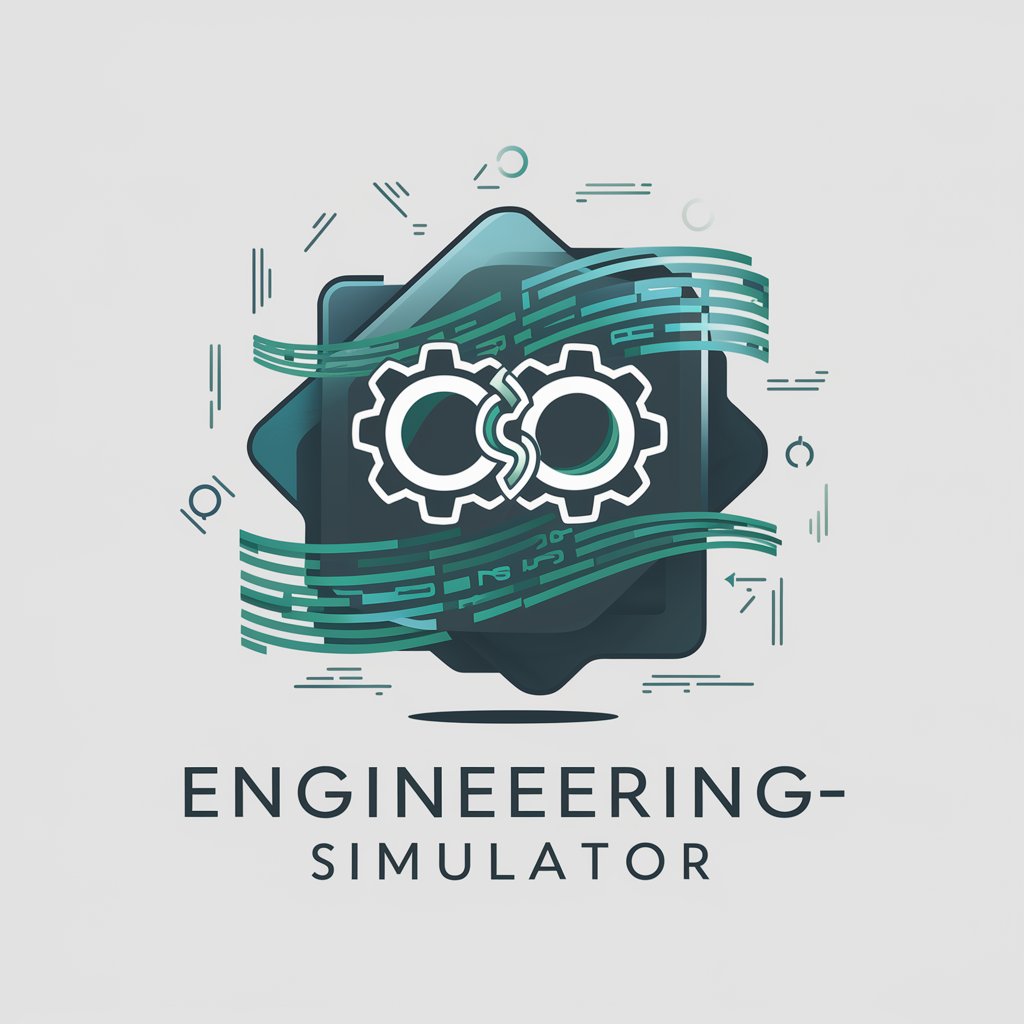
Event SimulatePro
Empowering simulation learning with AI.
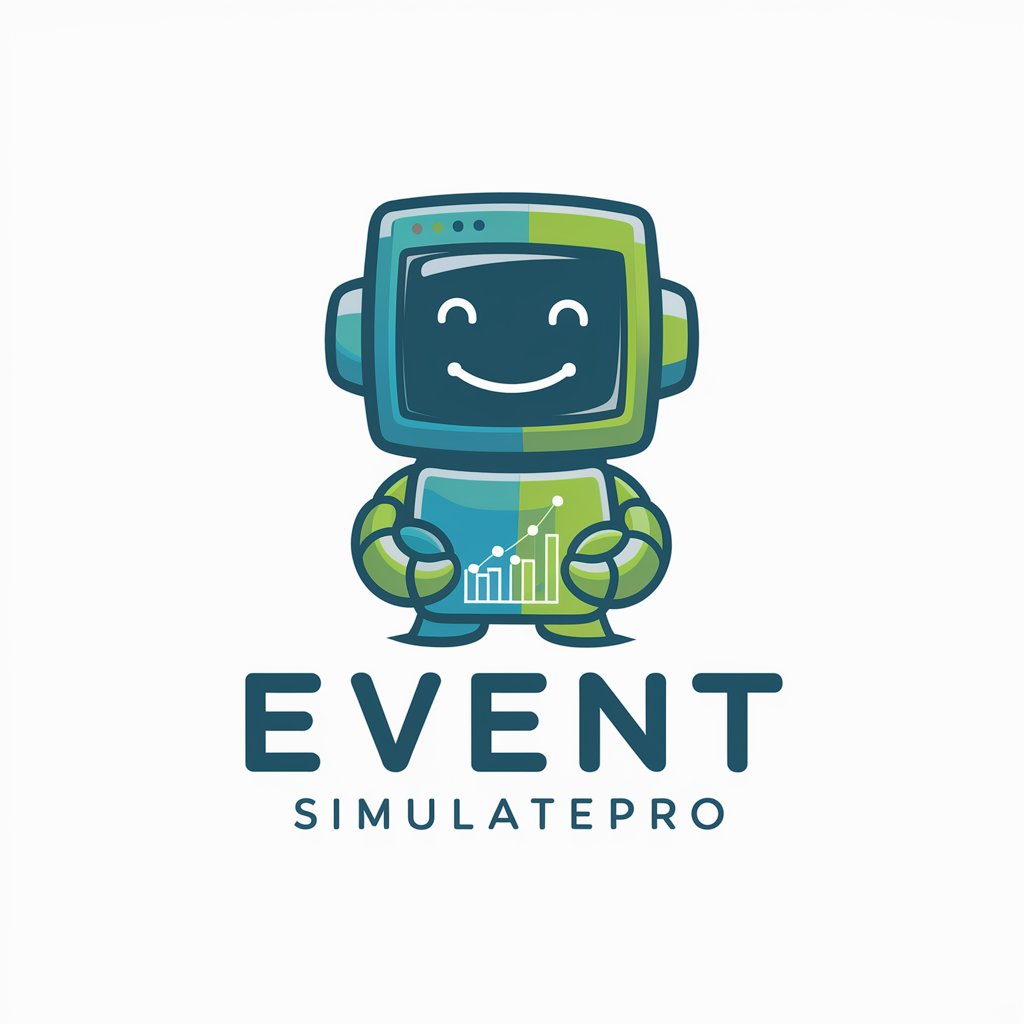
Collaborative Nursing Coach
AI-enhanced Clinical Decision Support

Disaster Prep Sim
Train, Engage, Prepare — AI-Powered
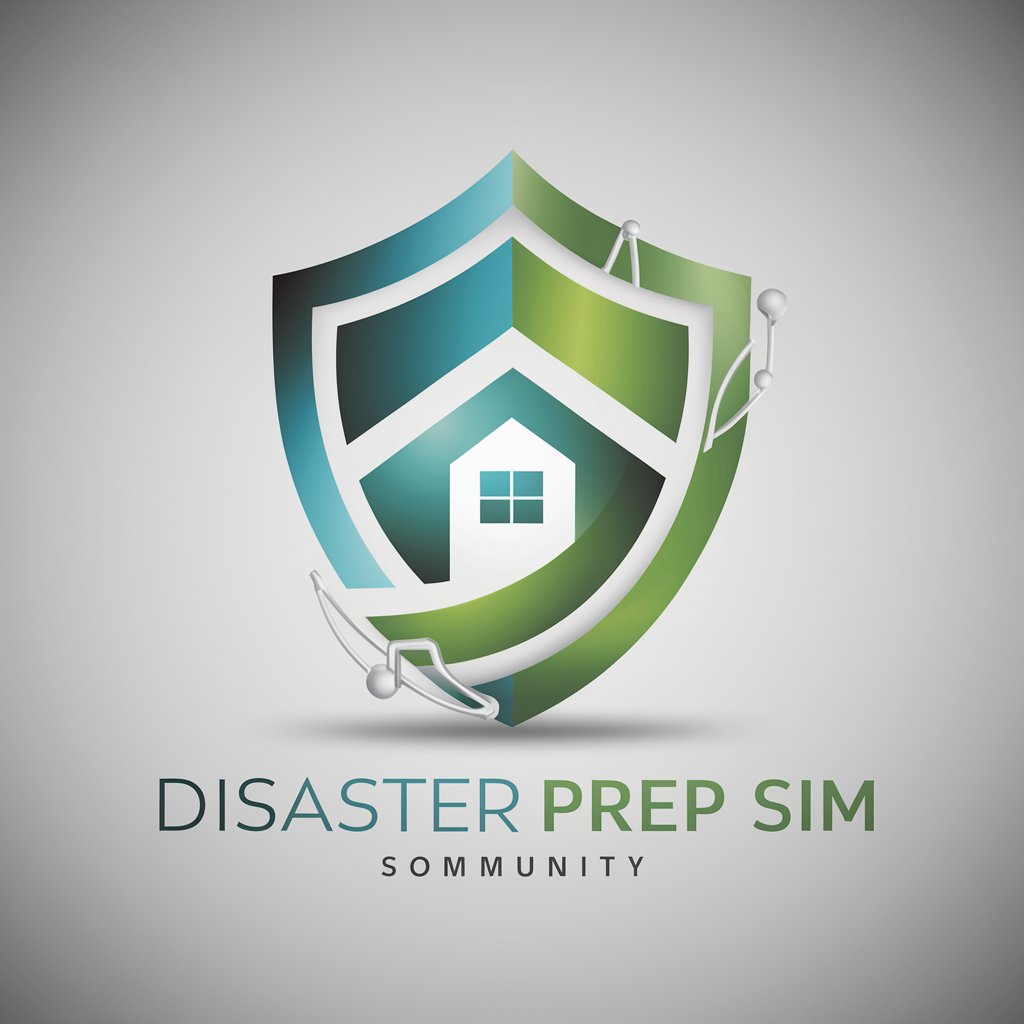
Key Characteristics and Functions
AI GPTs tools for Simulation Learning boast a range of unique features designed to optimize the learning experience. These include adaptive learning paths that adjust in real-time to a user's performance, immersive language learning environments, and robust technical support capabilities. Additionally, some tools offer advanced functionalities like web searching, image creation, and sophisticated data analysis, enabling users to explore and interact with information in novel ways. The capability to tailor the complexity of simulations makes these tools versatile for both simple educational purposes and intricate professional training scenarios.
Who Benefits from AI GPTs in Simulation Learning
The primary beneficiaries of AI GPTs tools for Simulation Learning span a broad spectrum, from beginners seeking foundational knowledge to developers and professionals looking for specialized training. These tools are designed to be accessible to users without coding skills, providing intuitive interfaces and guided learning paths. At the same time, they offer customization options and advanced features for those with programming expertise, making them a flexible resource for a wide range of users interested in leveraging simulation for learning.
Try Our other AI GPTs tools for Free
Quality Selection
Discover how AI GPTs for Quality Selection can revolutionize your quality assurance processes with advanced AI analytics, adaptable features, and industry-specific customization.
AWS Optimization
Explore AI GPTs for AWS Optimization: intelligent tools designed to enhance Amazon Web Services efficiency, offering cost-saving, resource optimization, and security compliance solutions.
Hobbyist Learning
Explore how AI GPTs for Hobbyist Learning can transform your hobby into a passion with personalized, interactive, and comprehensive learning tools.
Audio Training
Discover AI GPTs for Audio Training: versatile tools for voice generation, music creation, and language learning. Tailored for creators, educators, and developers.
Color Mixing
Discover the revolutionary AI GPT tools for Color Mixing, designed to transform your approach to color theory and palette creation with advanced, user-friendly solutions.
Regulatory Impact
Explore AI GPT tools designed for Regulatory Impact, offering adaptive, comprehensive solutions for navigating complex regulatory landscapes.
Further Perspectives on AI GPTs in Simulation Learning
AI GPTs tools are revolutionizing simulation learning by offering more interactive, engaging, and effective training solutions. Their adaptability across different sectors underscores their potential to enhance professional competencies, academic learning, and technical skills development. User-friendly interfaces and the possibility of integration with existing systems further extend their applicability, making them a versatile choice for modern education and training.
Frequently Asked Questions
What are AI GPTs for Simulation Learning?
AI GPTs for Simulation Learning refer to artificial intelligence models that use Generative Pre-trained Transformers to create dynamic, interactive learning simulations.
How do these tools enhance learning?
They offer personalized learning experiences, adapt simulations in real-time to the learner's abilities, and provide immediate feedback, significantly enhancing the efficiency and effectiveness of learning through simulations.
Can non-technical users benefit from these tools?
Absolutely. These tools are designed with user-friendly interfaces that do not require coding knowledge, making them accessible to non-technical users.
Are there customization options for more advanced users?
Yes. While being accessible to beginners, these tools also offer advanced customization options for users with programming skills, allowing them to tailor the learning experience to specific needs.
Do these tools support language learning?
Yes, many AI GPTs for Simulation Learning include immersive language learning environments that simulate real-life conversations and scenarios for enhanced language acquisition.
Can these tools integrate with existing educational or professional training systems?
Yes, they are designed to be compatible with various platforms, allowing for seamless integration into existing learning management systems or professional training workflows.
What makes AI GPTs unique in simulation-based learning?
Their ability to generate personalized, adaptive learning environments and provide detailed, real-time feedback sets them apart from traditional simulation tools.
Are there examples of fields where AI GPTs for Simulation Learning are particularly effective?
They are highly effective in fields requiring complex decision-making and problem-solving skills, such as healthcare, engineering, aviation, and finance.